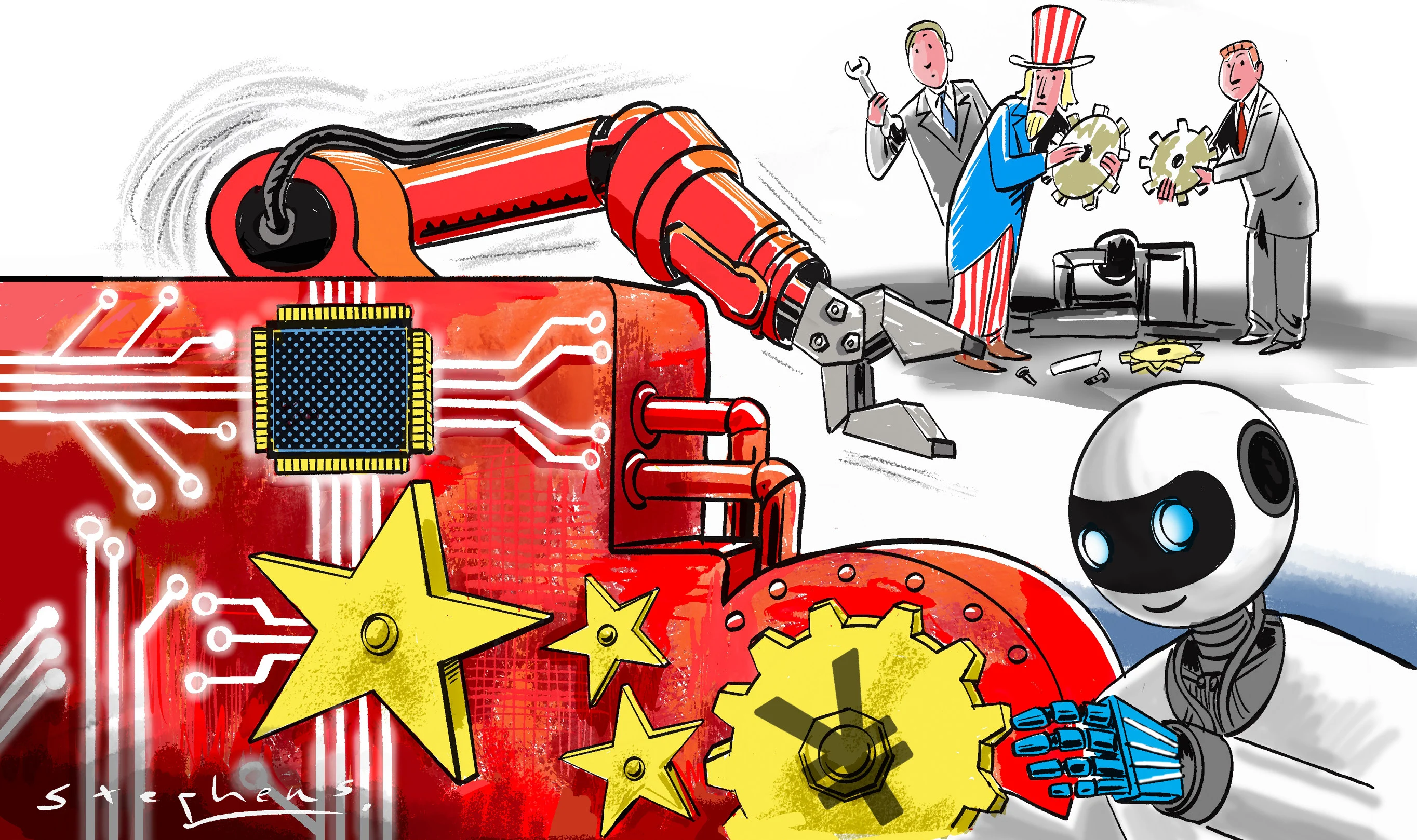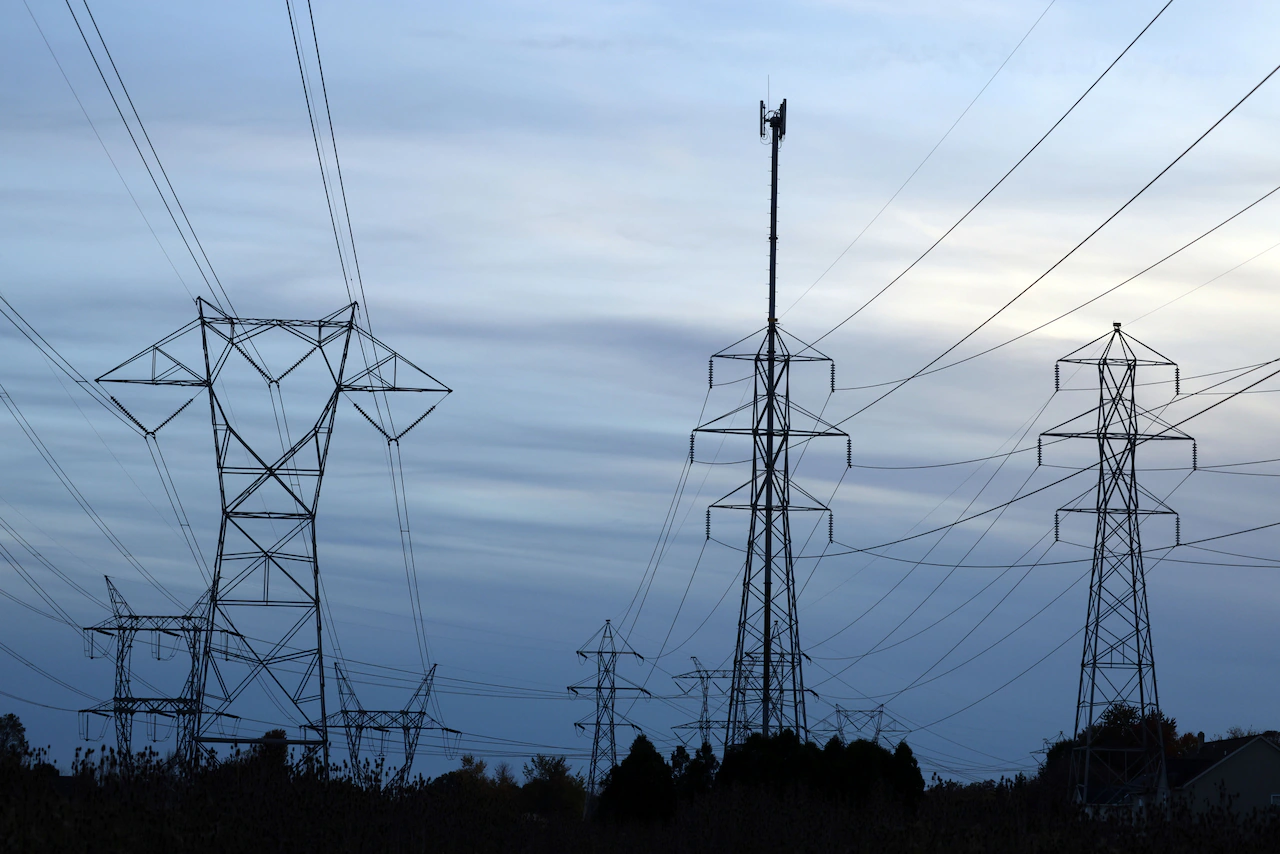Copyright scmp

“We do not need to chase [after other countries], we are the road,” said President Xi Jinping after inaugurating a major scientific project in Sanya, Hainan province, in 2018. Xi urged scientists to push the boundaries of technological development. Xi’s bold statement not only reflected his boundless confidence in China’s scientific community but also the wisdom of the “Made in China 2025” national economic strategy, which has produced nothing less than a technological renaissance. Thanks to a remarkably successful industrial policy, China has rapidly transformed from a low-cost world factory to a hi-tech global hub. It has reduced its dependence on foreign technology, which has clear national security benefits, while also ensuring others must rely on Chinese products. Leveraging its robust and dynamic economy, China has successfully withstood the trade war. The Chinese model of development has prompted some experts to re-examine their basic assumptions about growth and innovation. Western industrial powers now seem to be emulating China even as they admonish Beijing for its “overcapacity” and supposed predatory trade practices. It’s no wonder that China has become a developmental model for nations in the Global South. Even the US, under President Donald Trump, seems to be abandoning its free-market ideology in favour of state capitalism. As Xi prepares for a summit with Trump on the sidelines of the Asia-Pacific Economic Cooperation summit in South Korea, he will find both an aggrieved rival and a grudging admirer in his American counterpart. Much of the discourse about Trump has focused on his authoritarianism and nativism. This is understandable, given the consequences for immigrants and the American pluralistic social fabric in general. Nevertheless, what makes Trump so unique in contemporary politics is his unabashed assault on the country’s commitment to free-market capitalism. What has endeared Trump to disenfranchised Americans in the rust belt and rural areas, as well as tech titans, defence hawks and patrician Republicans is his claimed focus on reinvigorating the US economic base. After decades of deindustrialisation, the US suffers from severe inequality at home and diminishing influence abroad; it is even losing its military edge, as the armed forces struggle to modernise an ageing arsenal. Amid Trump’s embrace of the plutocratic class and his family’s expanding business activities under controversial circumstances in recent years, writers such as Evan Osnos have even warned of the prospect of “crony capitalism” in the supposed “leading example” of a free-market economy. On closer examination, however, Trump is arguably more interested in creating a unique kind of American state capitalism where the government has a direct and decisive stake in managing the country’s strategic sectors. Trump has shattered long-standing neoliberal precedence by purchasing a “golden share” in US steel production in tandem with Japan’s Nippon Steel, acquiring a 10 per cent equity stake in Intel and finalising export licence deals with Nvidia and Advanced Micro Devices in exchange for revenue. The US defence department has become the largest shareholder in rare earths mining firm MP Materials after purchasing a 15 per cent stake in the strategic company. In the past, US government interventions of such scale happened primarily during major economic recessions, pandemics and wars. Trump’s lurch towards state capitalism, however, is largely in response to the “China shock” – its emergence as a global economic power that rivals American international influence. It’s hard to overstate the sheer speed and scale of China’s economic transformation. Drawing on Made in China 2025, Beijing has allocated massive resources to upgrading the country’s industrial base and technological self-reliance. Some estimates suggest that China spent more than US$200 billion in 2019 alone. Beyond subsidies, China’s technological breakthrough stems from its impeccable basic infrastructure, world-class human capital and universities, and an uncanny combination of policy continuity and nimbleness. The results speak for themselves. China’s share of global manufacturing has ballooned from 19 per cent to 34 per cent over the past 15 years. The country has installed more industrial robots than all other major economies combined. China has also reduced its reliance on industrial imports, which declined from 10 per cent of gross domestic product in 2016 to around 8.5 per cent in 2021, according to Gavekal Dragonomics. China is also sharpening its technological edge. It has surpassed its target for electric vehicle (EV) production. According to the Australian Strategic Policy Institute, China leads in 37 out of 44 critical technologies. And China has become the world leader in five out of 13 strategic sectors, such as drones, EVs and lithium batteries, according to Bloomberg Intelligence. A recent Rhodium Group report, sponsored by the US Chamber of Commerce, noted China’s struggles with mastering cutting-edge semiconductors. However, 62 per cent of foreign firms predicted it could happen in five to 10 years, according to the report. Moreover, China’s strides in AI and quantum computing will create positive externalities that quickly bridge the country’s technological gap. In response, Western leaders are embracing various forms of industrial strategy amid an emerging cold war with China. Crucially, major emerging economies – from India and Brazil to Turkey and Indonesia – are also strengthening their manufacturing sectors, at times alongside Beijing. China has not only succeeded in reducing its technological dependency on the West, it has also severely dented the attraction of free-market models in favour of a more developmental approach. Beijing is single-handedly shaping the contours of an emerging multipolar global economic order.



